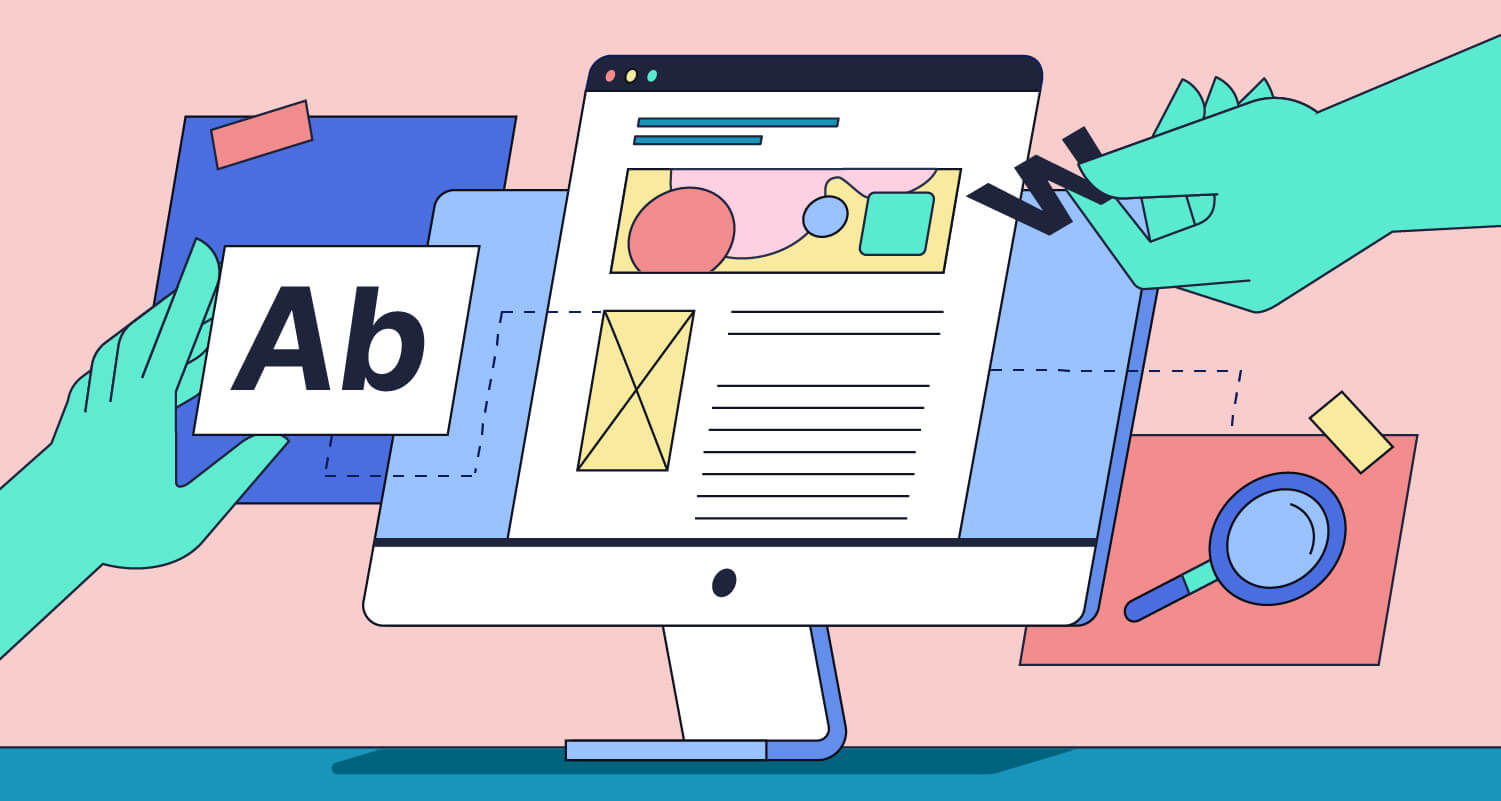Navigating Careers in the Age of AI: Opportunities, Challenges, and the Need for Literacy

Artificial Intelligence (AI) is no longer a futuristic concept—it’s a present-day force reshaping how we work, learn, and make career decisions. From automating mundane tasks to offering predictive insights into job performance and educational pathways, AI is becoming a silent partner in our professional lives.
A recent study led by Associate Professor Sarah Bankins from Macquarie Business School highlights how AI is influencing career development across all life stages—from primary school students learning to code robots to seasoned professionals navigating job transitions. The research, published in the *Journal of Vocational Behavior*, underscores the growing importance of AI literacy and its role in shaping career trajectories (Macquarie University).
AI as a Career Companion
AI’s predictive capabilities are already helping students choose between becoming astronauts or accountants, guiding them toward suitable courses and even forecasting their academic performance. These tools are not just limited to education—they’re also being used in workplaces to identify skill gaps, recommend training, and match employees with new opportunities.
However, the integration of AI into career planning isn’t without its challenges. Concerns about bias, transparency, and job displacement are real. Workers in roles perceived as vulnerable to automation, such as call center agents, often experience increased job insecurity and reduced career satisfaction. On the flip side, those who trust and collaborate with AI tend to report higher productivity and wellbeing.
The Rise of AI Literacy
One of the most compelling findings from Bankins and her team is the need for AI literacy—not just in tech-centric roles but across all professions. As AI becomes embedded in decision-making processes, understanding how it works and how to critically engage with its outputs is essential.
Educational institutions are responding by introducing AI concepts early, even in primary school. This proactive approach aims to equip future workers with the skills to navigate an AI-driven world confidently and ethically.
Looking Ahead: Human-Centered AI Integration
While AI can offer valuable career advice, it’s crucial to ensure that its recommendations are transparent and aligned with human values. As Bankins aptly puts it, “Using AI to predict what movie people could stream has different implications to it predicting what course they could study or what career they could follow.”
The future of work will likely be a hybrid of human intuition and machine intelligence. To thrive, we must foster a culture of continuous learning, ethical AI use, and inclusive career development strategies.
Would you like to tailor this blog for a specific audience—like students, educators, or HR professionals? Or perhaps you'd like to add visuals or quotes to enhance engagement?
ProPrepa
The ProPrepa team